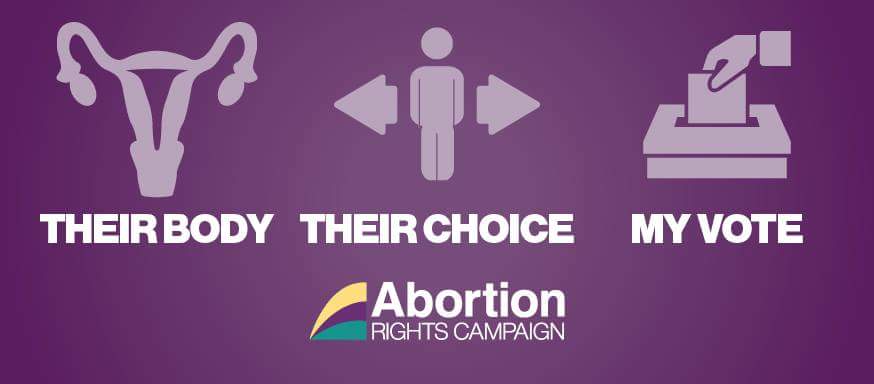 One of our members shares with us their submission to the Citizens Assembly. Submissions are open until the 16th of December to anyone living in Ireland and Irish citizens who are living abroad.
One of our members shares with us their submission to the Citizens Assembly. Submissions are open until the 16th of December to anyone living in Ireland and Irish citizens who are living abroad.
I campaign for gender equality from a male perspective. Ultimately, I want to end prejudice and discrimination on the basis of gender and abolish gender stereotypes and the stigma faced by those who don’t conform with them. The benefits of ending gender inequality for me personally would be greater parental rights at work, greater legal protection of my paternal rights, and freedom from social expectations of stereotypical masculine behaviour and social roles. While the inequalities that cisgender men face are in no way equal to those currently faced by women, transgender people, or intersex people, the sources of many of those inequalities are the same. Men have been painted as naturally ill-equipped for domestic work and child-rearing in order to push the social obligations of parenting and housework on women. Behaviour considered feminine has been stigmatised as inferior, and a culture of bullying and punishing men for failing to uphold the performance of masculinity persists.
Achieving equality for men means first recognising the rights denied to women and I am highly sceptical of those who claim to fight for the rights of men without first fighting for those of women. Men do not have a right to control women’s bodies – and it would not progress the goal of gender equality to simply change from the current regime, in which the State dictates the fates of women, to one where individual men are allowed to dictate or veto a woman’s choices. A woman may seek the counsel of a trusted partner in making a decision about a pregnancy, but the right to decide will always be hers.
It would always be my hope that a partner would choose to talk to me before having an abortion, but that is not something that can or should be enshrined in law. If the law were to give me the power to legally interfere in that decision on the basis of potential future parentage, it would become impossible for me to ever be an equal partner in a relationship. I might never invoke that coercive power, but it would always hang over us and threaten the trust in our relationship. For women in abusive relationships and those who have become pregnant through rape, the implications would be chilling – potentially requiring women to obtain permission from their abusers before seeking a life-saving abortion.
In truth, the criminalisation of women’s reproductive choices that has stemmed from the Eighth Amendment already creates an imbalance in the relationships of women and men. Men live with the disturbing potential of having to choose between becoming complicit in a crime that should not be a crime, or abusing a power we should not have. That implicit power to threaten or coerce a partner into giving birth to a child against her will—through social stigma, financial control or psychological dominance enabled by the criminalisation of abortion—is an incredible injustice to women, and places men in the abhorrent position of having to always reassure our partners that we will not abuse them if they become pregnant.
For these reasons, I’m a member of the Abortion Rights Campaign, who work to end the social stigma around abortion and advocate to change the law to guarantee the right to free and safe abortion access. I am not a member of a group advocating for new legal rights for men because the most urgent crisis of gender equality in Ireland right now is the denial of women’s right to bodily autonomy. Addressing that crisis requires the repeal of the Eighth Amendment. Men who are cisgender already have legal rights to choose what happens to their own bodies, to accept or refuse medical treatment, to have their bodies recognised as inviolate by the State. Future legislation must realise those rights for women, trans people, and intersex people in all circumstances, including pregnancy.
Eoin Madsen
A member of the Abortion Rights Campaign

